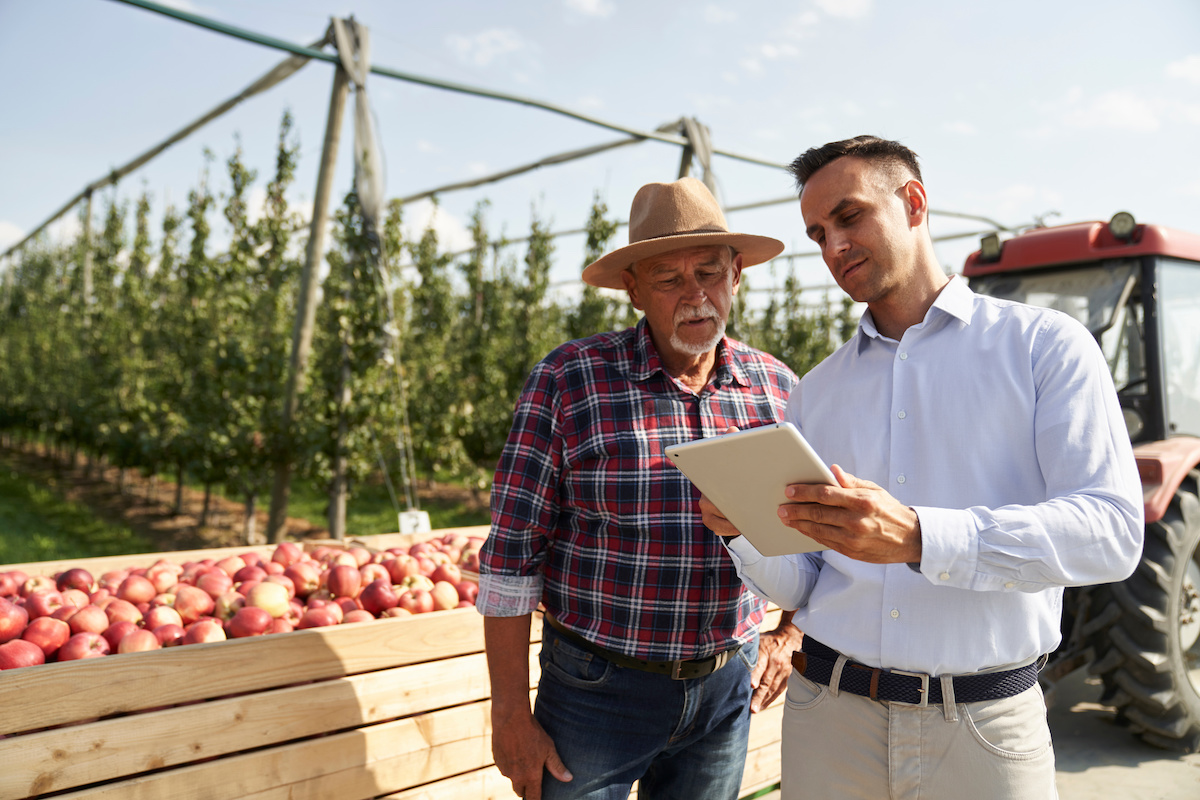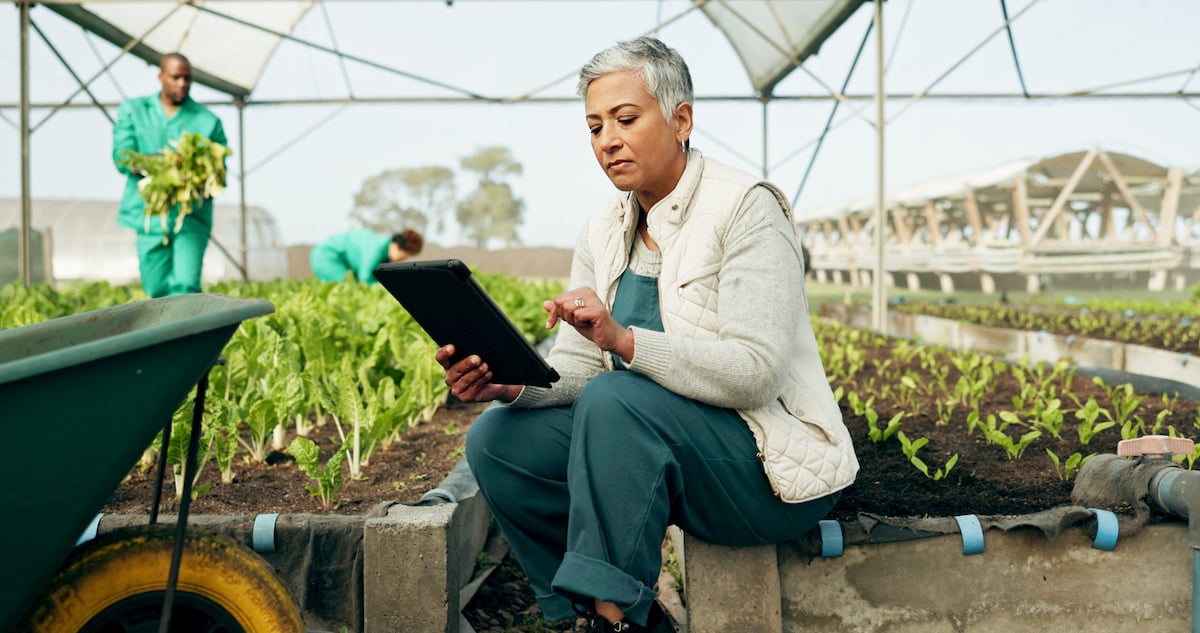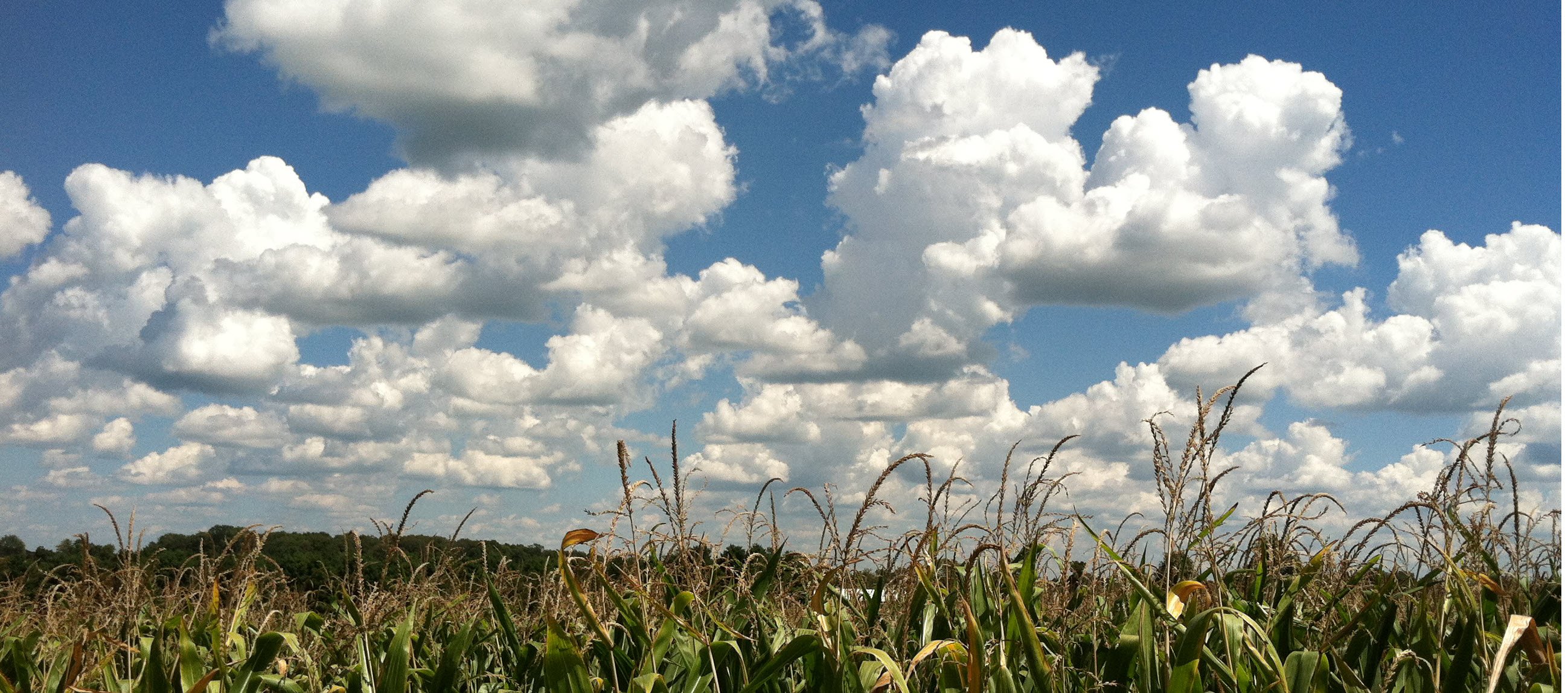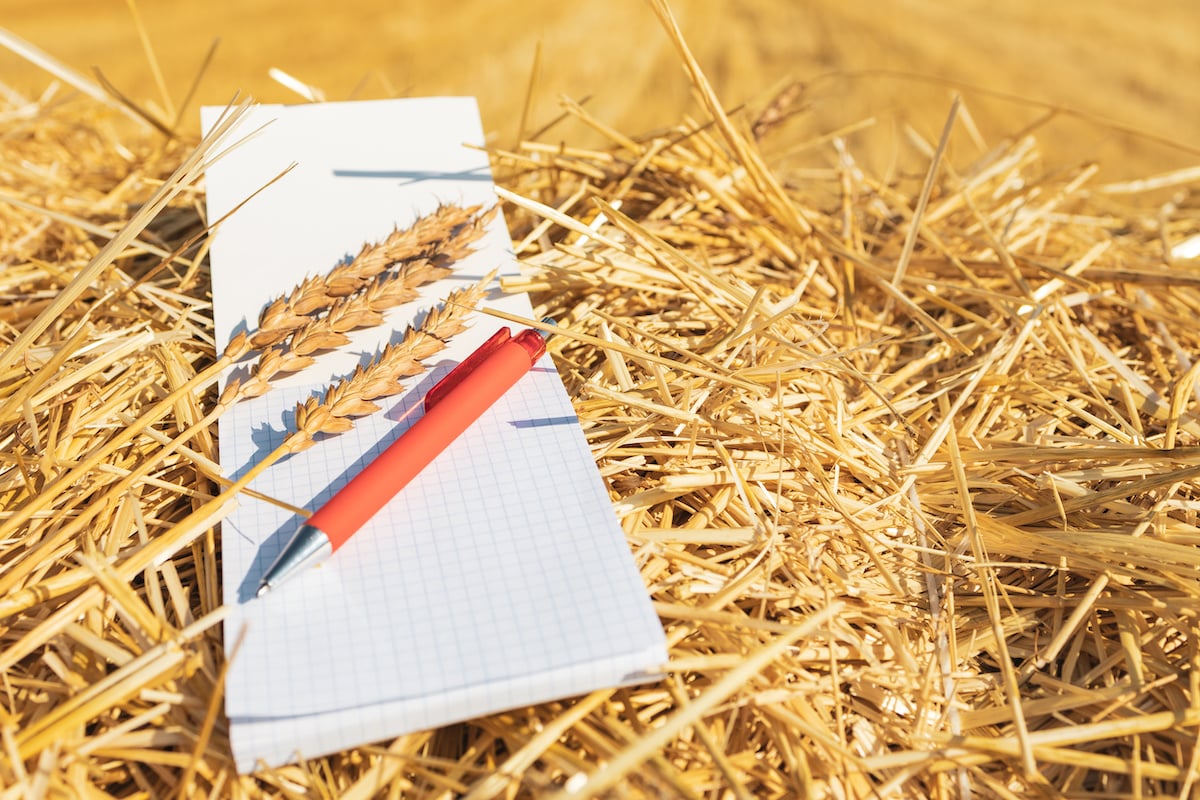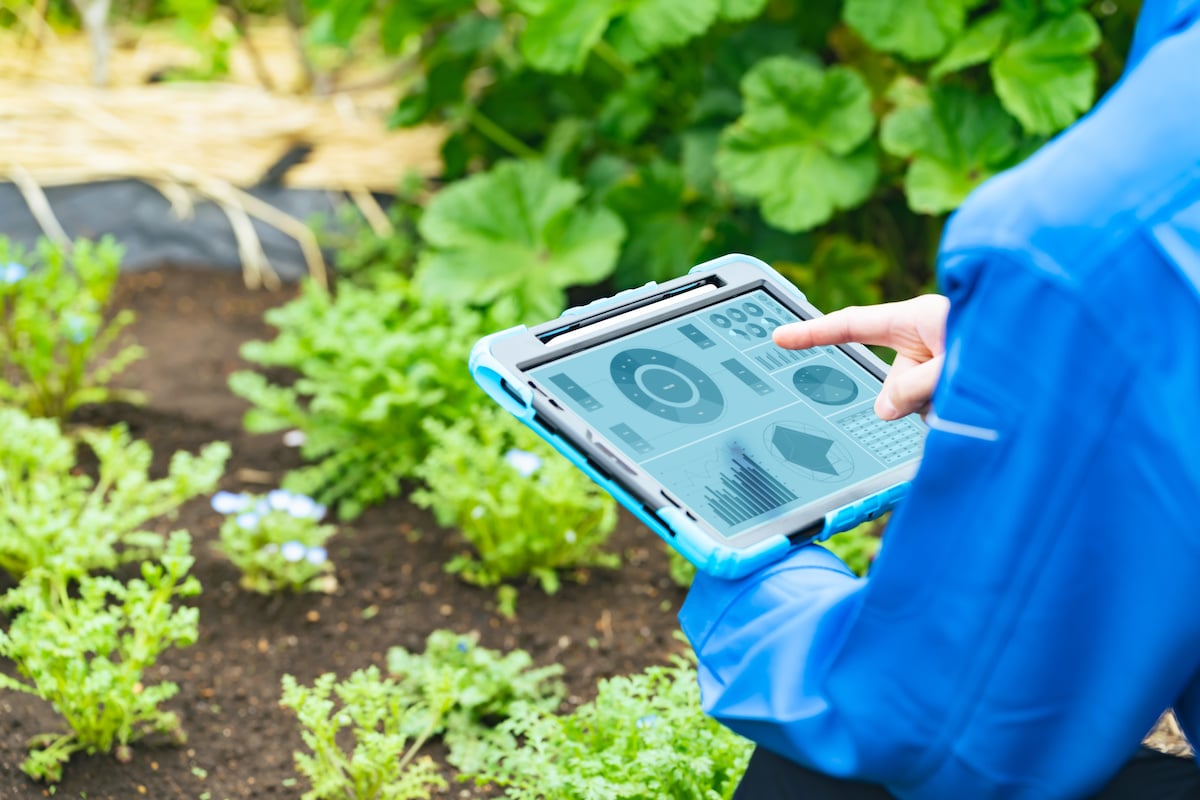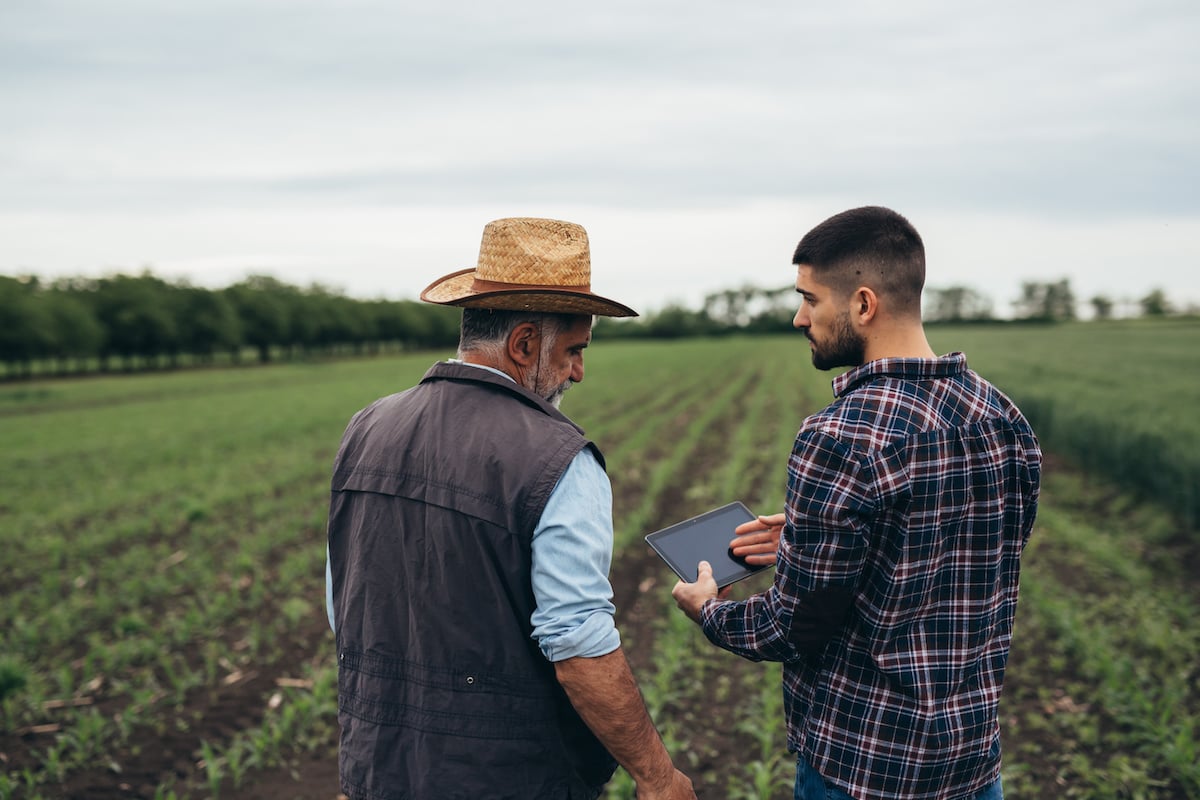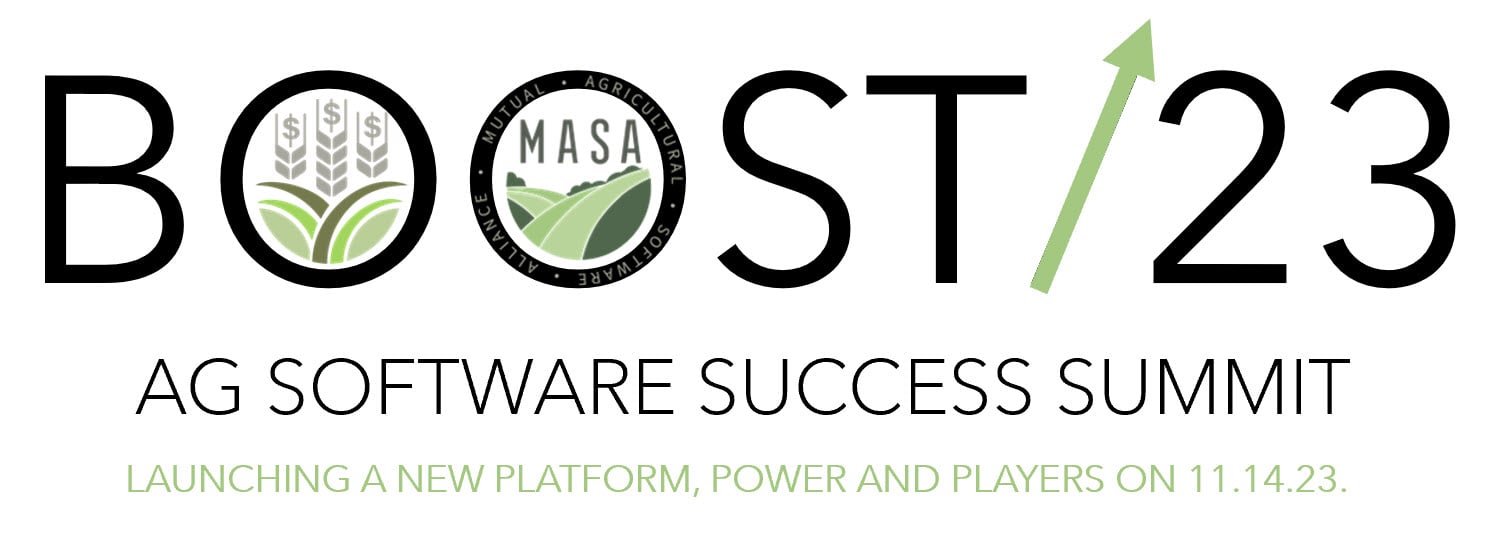When it comes to farming, much of what you do is about timing. Often, it doesn’t feel like there’s much time to make decisions, the seasons seem to come quickly, and the work of one leads right into another. But, taking the time to consider how you manage your farm accounting and understanding what those decisions mean is worth the investment.
Quick Links
- The Role of Cash in Farm Accounting
- What is Method C Accounting?
- When to use Method C Accounting in Farm Accounting
- Challenges of Method C Accounting
- Benefits of Method C Accounting in Farm Accounting
- Where Does Method C Fit in Growth Path Accounting?
The Role of Cash in Farm Accounting
The primary role of cash in farm accounting is for tax purposes. Cash, in farm accounting, means farmers can claim the cash cost for the current year’s crops and even prepaid expenses for next year’s crops, while revenue can be based on cash sales from prior years’ crops. For example, in cash accounting, a summer crop may have its expenses counted in the year it is planted, a farmer need not count the income until the year it’s sold. They can then take a loss on the expenses on their taxes.
In Growth Path Accounting, the cash method is referred to as Method C.
What is Method C Accounting?
Again, the primary reason to utilize Method C is to reap the tax benefits that allows farmers and farm accounts to offset costs, and revenue, and to manage cash flow. That said, Method C is about more than taxes. There are some other things to consider.
- There is no integration with production information. If you're tracking internal field or livestock performance records, they'll be isolated in separate, unconnected spreadsheets or databases.
- You’ll rely on pure cash accounting. Your farm accounting records will exactly mirror your cash-basis Schedule F tax return.
- Your accounting will not incorporate any inventory tracking. Most likely you're counting inventories once a year when you complete your lender's financial statement. Those inventory values are recorded externally in a separate form or spreadsheet, not through your accounting system.
- You only need to see your accountant once or twice a year for tax planning/preparation. You’ll rely on your accountant to review and straighten out your cash records and transfer them to your tax return.
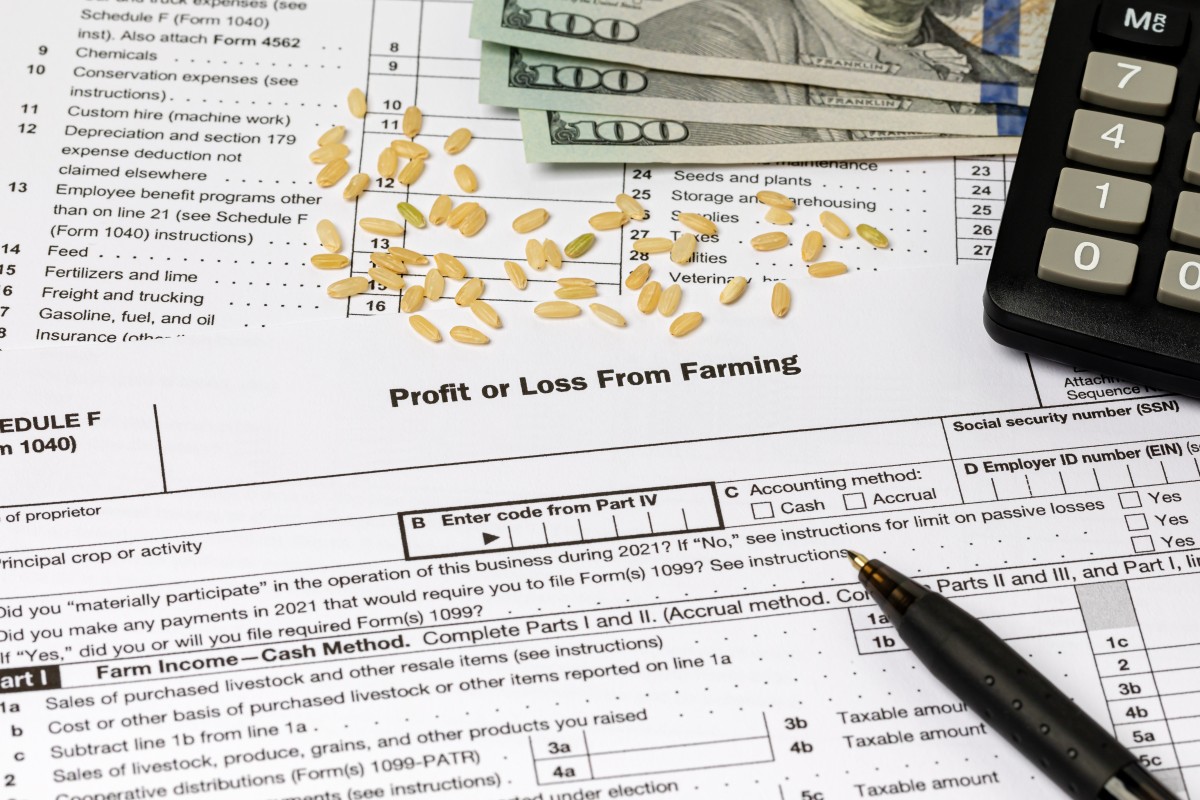 When to Use Method C Accounting in Farm Accounting
When to Use Method C Accounting in Farm Accounting
You’ll want to use cash accounting, Method C, on your farm if you file taxes on a cash basis and have no need to account for inventories.
If you do not have an accountant or are not well-versed in bookkeeping, the cash method is fairly simple and straightforward.
However, some larger farm operations may not be allowed to use cash accounting for tax reporting. Always follow the advice of your accountant or tax advisor.
Challenges of Method C Accounting
Don’t let the simplicity fool you. While it’s easier, it doesn’t mean it’s always the best option. In fact, relying on cash accounting presents some challenges.
- Cash accounting intentionally distorts measurement of farm profitability. A classic case study by the University of Illinois calculated an 88% variation between cash and accrual in a single year and 36% over 4 years, mainly due to changing inventories–a common scenario in growing operations.
- No meaningful cost analysis by commodity, crop year/production cycle, farm, field or group.
- Little accounting control because no inventory control or reconciliation.
In short, one of the primary challenges relates directly to a missed opportunity in that modern farming and record keeping means you can leverage a significant amount of data, especially if using a farm ERP solution.
 Benefits of Method C Accounting in Farm Accounting
Benefits of Method C Accounting in Farm Accounting
That’s not to say there aren’t benefits for farm accounting using Method C. In fact, as noted above, it’s pretty straightforward. More specifically, it offers the following benefits:
- Method C fulfills the most critical accounting requirement: tax records (and the flexibility to defer net income and tax liability).
- You’ll need little training or accounting expertise.
- Method C allows you to work with a "lowest common denominator" accounting program rather than more expensive and specialized agricultural accounting software.
That simple software can make life easier for your tax accountant.
Where Does Method C Fit in Growth Path Accounting?
The Growth Path Decision Tree asks that you trace out the decisions you’ll make, especially in regards to farm accounting and your growth goals. Even without consulting the growth path, most farmers choose Method C without walking the decision tree pathways or considering whether it’s the best first for them. It's simply the "path of least resistance."
However, it’s really worth spending time examining your operation, your goals, and how each of the accounting methods can impact your growth. It’s also important to consider how much data you want and need. With modern ag tech, the amount of data available to you is practically limitless.
If you’re ready to talk about your farm accounting options, the tech that can get you there, and the team to support you, reach out to the FBS Systems team today!


